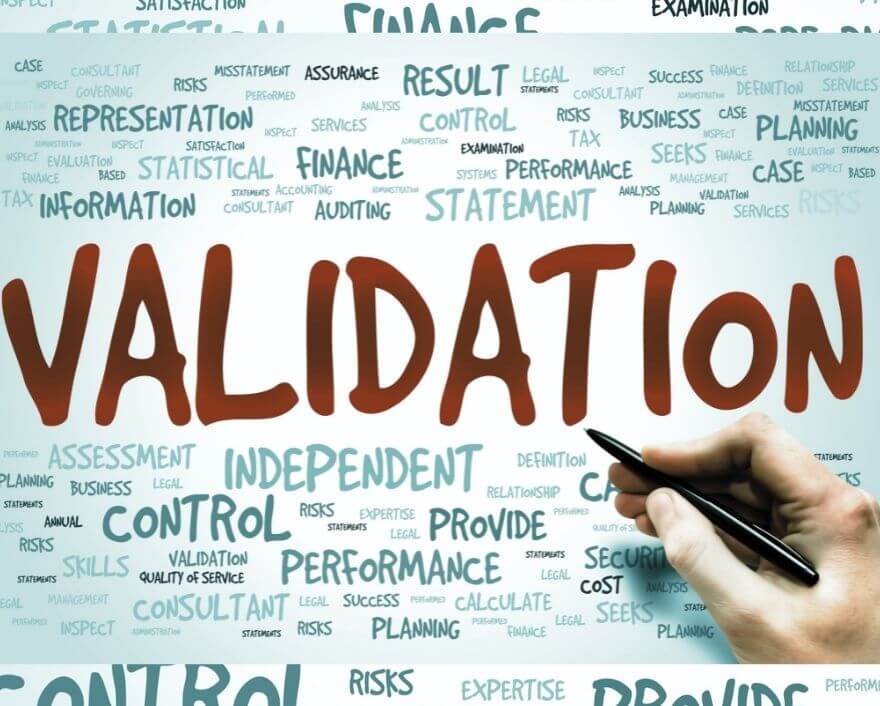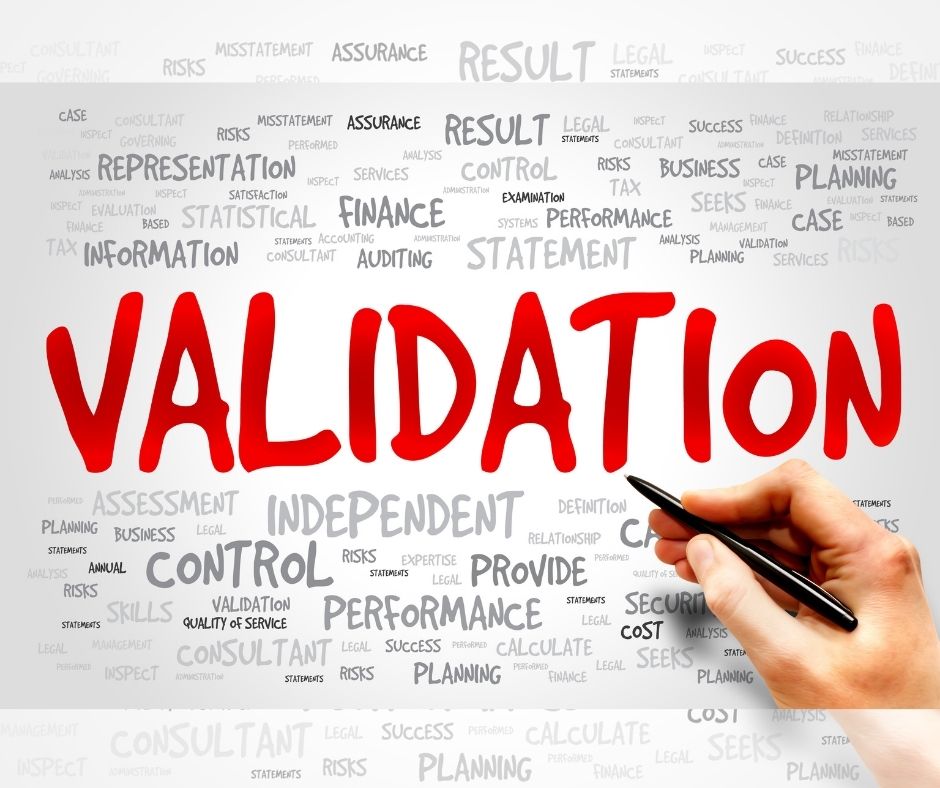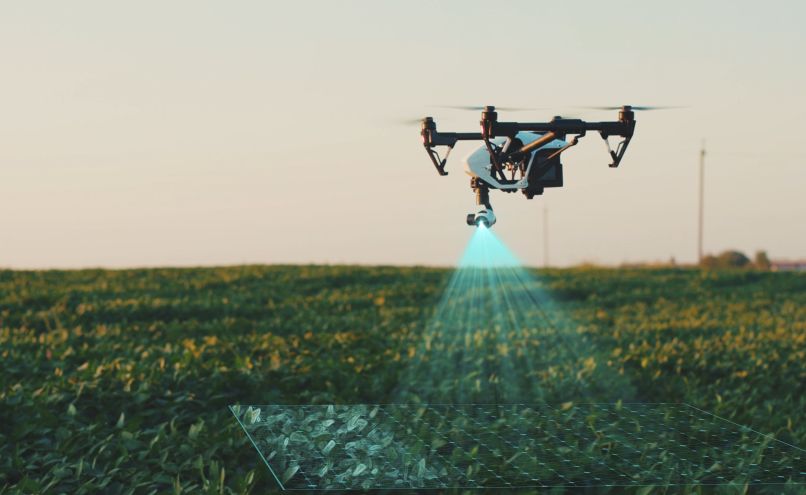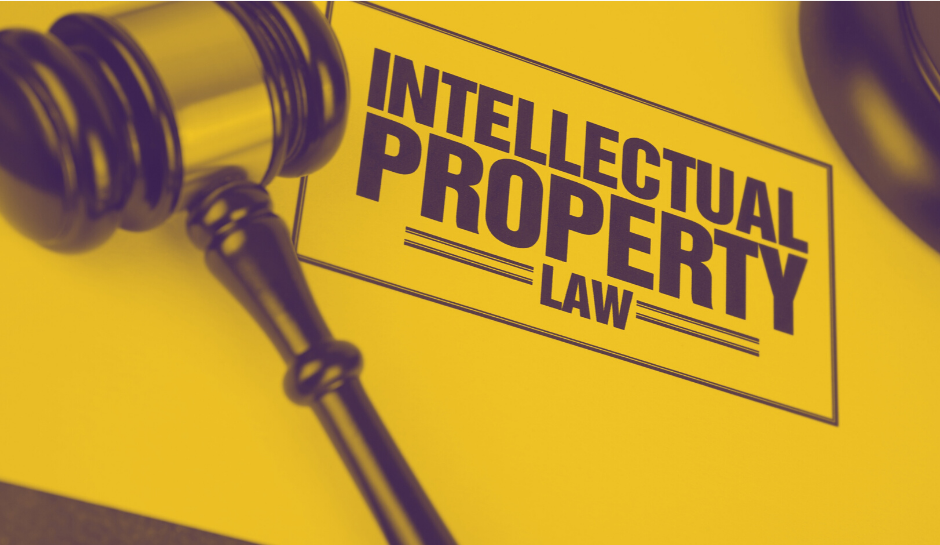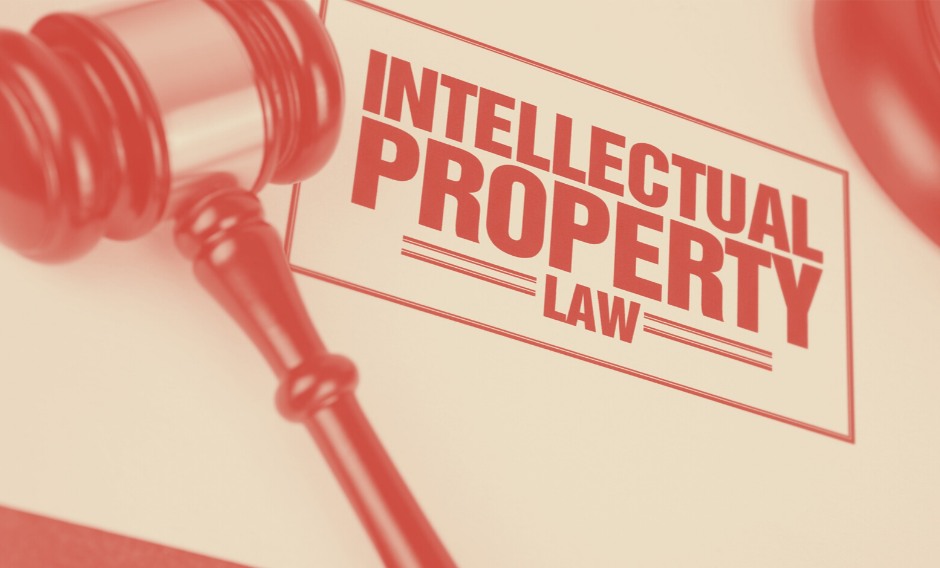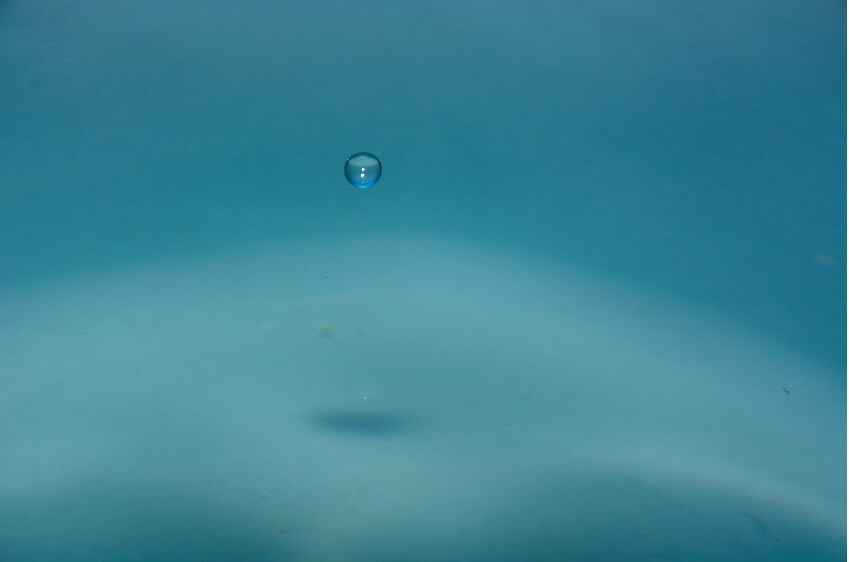In less than a week ago the World Health Organisation characterized COVID-19 as a pandemic.[1] It affects people within different and basic aspects of their lives. Nowadays, we ponder how this situation will impact the economy, mainly entrepreneurs. Therefore, the wide discussions about new regulations concerning employees and employers is being conducted. However, my aim is to introduce our Readers- entrepreneurs and often patent holders, to the regulations which allows the State to use their patents in case of a threaten of broadly understood public interest.
Patent is an right that provides right holder’s invention with a very strong protection as it allows him to exclusively use an invention for profit or for professional purposes throughout Poland. Therefore the strength of this right derives from the fact that each and every unlawful enter in its exclusivity is considered to be an infringement.
Nevertheless, in specific and exceptional situations, such monopoly of the patent holder can be limited. In other words, polish legislator foreseen that in situations listed in Industrial Property Law (hereinafter referred to as: ‘IPL’) the usage of a patent would not be consider as its infringement. Undoubtedly, the public safety and order, especially public policy, protection of human life and health shall be acknowledge as such. IPL regulation is based and derives from international legal acts as art 31 of TRIPS.[2] Thus, the polish legislator regulated two institutions allowing State the patent usage.
To start with the first procedure regarding prevention or removal of the threats to important State interests, particularly as regards public safety and order using an invention for State purposes to the extent required, without exclusivity is not considered to be an infringement.[3]
The possibility of patent usage has grounds in administrative decision issued by the competent minister or voivode, who specifies therein both the scope and period of usage of the invention. The patent holder is entitled to remuneration from state budget funds in an amount corresponding to the market value of the licence. Although the competence of above mentioned persons derives explicitly from the statute IPL, the decision may be appealed to an administrative court. Polish doctrine points out, that usage of an invention under said circumstances shall be undertaken according to the proportionality and necessity principals: “when there are no other possibilities and means available to remove or prevent the risk without the use of the patented invention, or when alternative means are far less effective than the applied invention.” [4]
The second institution focuses on the compulsory license that is based on the decision issued by Polish Patent Office (hereinafter referred to as: ‘PPO’). Therefore, when the needed to avoid or remove a threat to State security, particularly in the field of defence, public policy, protection of human life and health and protection of the natural environment occurs PPO may grant a permit to use a third party’s patented invention. Also, the PPO lays down the scope and term a compulsory licence and detailed conditions for using the same and also the amount of the licence fee corresponding to market value and the payment method and dates. In this case, the compulsory license is being granted in adjudication proceedings[5] and the decision of PPO may be appealed to an administrative court.
Notwithstanding the above, neither the decision of the minister or voivode nor the permit granted by PPO do not exclude any further free usage and management of the patent by patent holder.
As for now, presented above institutions did not find applicability in Poland. Needless to say that the in the light of current situation the State would take an advantage of such possibilities in order to perform aims set forth in the IPL. Therefore it is worth to remember that the Polish legislator provided the State with specific tools that allows to enter in the patent holder monopoly.
[1] https://www.who.int/dg/speeches/detail/who-director-general-s-opening-remarks-at-the-media-briefing-on-covid-19—11-march-2020
[2] Art. 31 (b) Agreement On Trade-Related Aspects Of Intellectual Property Rights “Where the law of a Member allows for other use [2] of the subject matter of a patent without the authorization of the right holder, including use by the government or third parties authorized by the government, the following provisions shall be respected: (b) such use may only be permitted if, prior to such use, the proposed user has made efforts to obtain authorization from the right holder on reasonable commercial terms and conditions and that such efforts have not been successful within a reasonable period of time. This requirement may be waived by a Member in the case of a national emergency or other circumstances of extreme urgency or in cases of public non-commercial use. In situations of national emergency or other circumstances of extreme urgency, the right holder shall, nevertheless, be notified as soon as reasonably practicable. In the case of public non-commercial use, where the government or contractor, without making a patent search, knows or has demonstrable grounds to know that a valid patent is or will be used by or for the government, the right holder shall be informed promptly.”
[3] Art. 69 (1) (2 ) Industrial Property Law (Dz.U. z 2020 r. poz. 286) “A patent is not infringed by: 2) using an invention for state purposes to the extent required, without exclusivity if required to prevent or remove threats to important state interests, particularly as regards public safety and order.”
[4] J. Sieńczyło-Chlabicz (red.), Prawo własności przemysłowej. Komentarz, Warszawa 2020
[5] Art. 255 (1) (6) Industrial Property Law (Dz.U. z 2020 r. poz. 286) “The Patent Office – in adjudication proceedings – adjudicates cases for the grant of a compulsory licence to use an invention, a utility model, an industrial design or a topography.”

Dominika Fallach is the junior associatet at Patpol Legal. She is a graduate of the Faculty of Law at Kozminski University, and also has a scholarship of the ERASMUS + program at the University of Vaasa in Finland. She completed a summer law school of intellectual property, organized by the IPR University Center in Helsinki. Dominika started her attorney apprenticeship in 2021. Contact with the author


